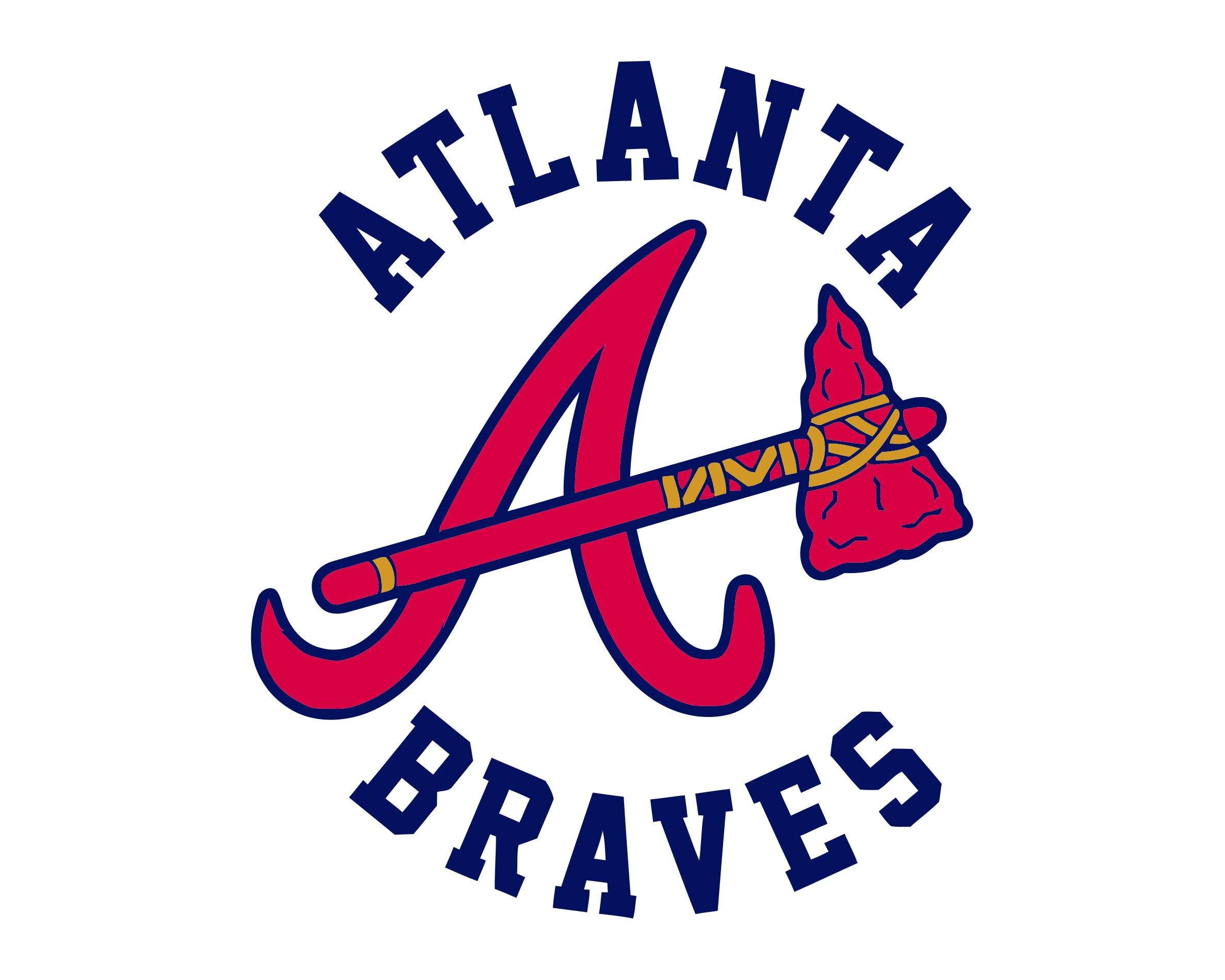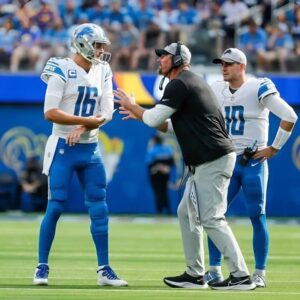
Atlanta Braves Take Legal Action Against Auctioneer of Historic Baseball Memorabilia
In a shocking turn of events, the Atlanta Braves have filed charges against a notorious auctioneer accused of attempting to sell the bases and home plate used during Hank Aaron’s legendary 715th home run. This historic achievement, which took place on April 8, 1974, not only marked a monumental moment in baseball history but also holds profound significance in American culture, representing a pivotal chapter in the fight for racial equality. The Braves’ swift legal action underscores the importance of protecting sports heritage and the integrity of memorabilia associated with monumental moments.
The Legacy of Hank Aaron
Hank Aaron, often regarded as one of the greatest baseball players of all time, broke Babe Ruth’s long-standing home run record, a feat that was celebrated not only for its athletic prowess but also for the social implications it carried. Aaron’s journey to 715 home runs was fraught with challenges, including intense racial hostility. As he approached the record, he faced threats and derogatory comments that highlighted the racial tensions of the era. For many, his achievement was a powerful symbol of perseverance and triumph over adversity.
The bases and home plate used during that historic game are not merely pieces of sports equipment; they are artifacts that tell a story of resilience, struggle, and victory. Their unlawful attempt to be auctioned off has sparked outrage among fans, historians, and the Braves organization alike.
The Auctioneer and the Controversy
The individual at the center of this controversy, who had previously gained notoriety for dealing in sports memorabilia, reportedly acquired the bases and home plate through dubious means. Allegations suggest that these items were removed from the stadium without proper authorization, making their sale not only unethical but illegal. The Braves organization, upon learning of the auction plans, took immediate action, emphasizing their commitment to preserving the integrity of baseball history.
The auctioneer had set a date for the auction, which was expected to attract considerable attention and bids from collectors eager to own a piece of baseball history. However, the Braves swiftly intervened, citing legal grounds to reclaim ownership of the items. Their stance is a reflection of a broader effort within the sports community to protect the authenticity and provenance of significant memorabilia.
Legal Implications and Challenges
The Braves have filed charges not only to recover the items but also to send a message about the importance of respecting historical artifacts. Legal experts suggest that the case could involve issues related to theft, copyright infringement, and misrepresentation. The auctioneer could face significant penalties if found guilty of illegally possessing and attempting to sell the bases and home plate.
The outcome of this case could set a precedent in the realm of sports memorabilia, especially concerning how stolen or unlawfully acquired items are handled in the auction market. As the case unfolds, it could prompt changes in legislation regarding the sale of memorabilia and the responsibility of auction houses to verify the provenance of items.
Public Reaction and Historical Context
Fans and historians alike have expressed their outrage over the attempted auction. Social media platforms have been inundated with posts condemning the auctioneer’s actions and praising the Braves for their decisive action. Many view this incident as a stark reminder of the ongoing battle to preserve sports history and heritage, emphasizing the need for vigilance in protecting iconic artifacts.
The legacy of Hank Aaron is particularly poignant in this context. His achievements on the field continue to resonate, and the memorabilia associated with his career serves as a testament to his impact on the game and society. The bases and home plate from the 715th home run are not just collectibles; they are reminders of a time when sports transcended the playing field and became a vehicle for social change.
The Broader Implications for Sports Memorabilia
This incident sheds light on a larger issue facing the sports memorabilia market. The increasing value of historic items has led to a rise in fraudulent activities, with unscrupulous individuals attempting to profit from stolen or misrepresented artifacts. Collectors and fans are often left in the dark, unaware of the true history of the items they are purchasing.
The Braves’ legal action may encourage other sports teams and organizations to take a more proactive stance in safeguarding their legacies. Increased awareness and better verification processes can help protect the authenticity of memorabilia and ensure that fans can purchase items with confidence.
Conclusion
The charges laid against the auctioneer attempting to sell the bases and home plate from Hank Aaron’s 715th home run serve as a powerful reminder of the importance of preserving sports history. As the Braves take a stand, they not only seek to reclaim their rightful artifacts but also aim to protect the integrity of the sport and the legacy of one of its greatest players.
In an era where the intersection of sports, culture, and history is more significant than ever, this case highlights the necessity of respecting and preserving the artifacts that represent pivotal moments in our shared history. As the case unfolds, it will undoubtedly keep the spotlight on the challenges facing the world of sports memorabilia and the ongoing efforts to safeguard the legacies of our sporting heroes.





